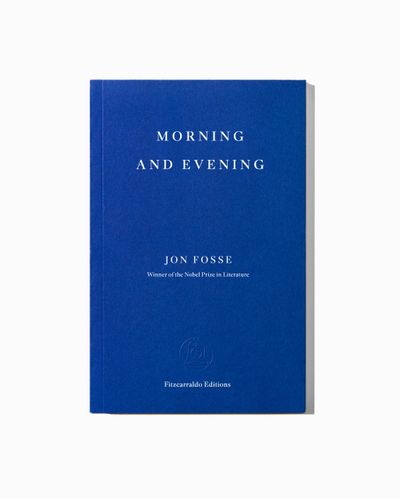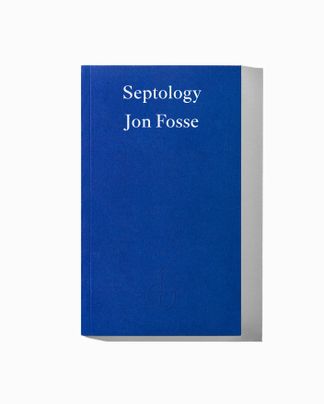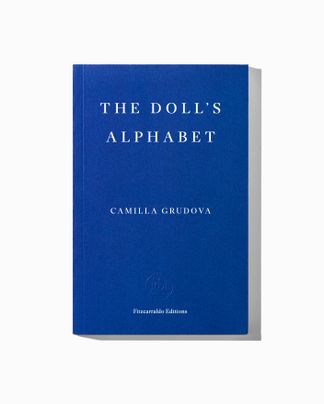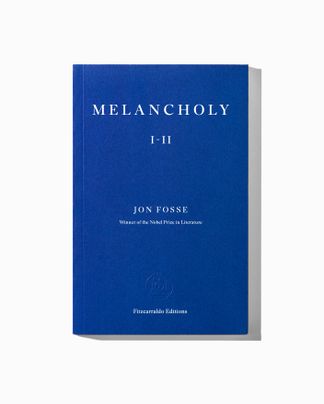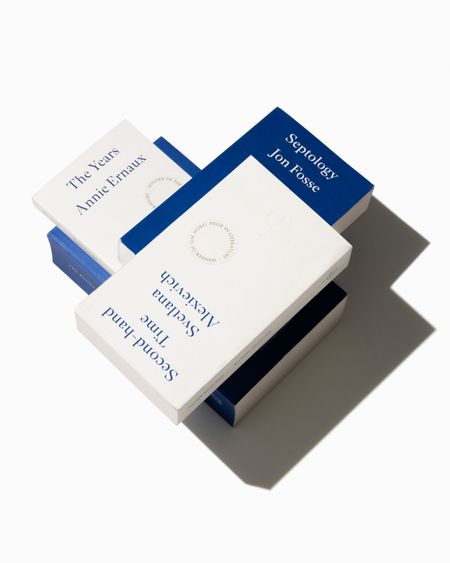Winner of the 2023 Nobel Prize in Literature
A child who will be named Johannes is born. An old man named Johannes dies. Between these two points, Jon Fosse gives us the details of an entire life, starkly compressed. Beginning with Johannes’s father’s thoughts as his wife goes into labour, and ending with Johannes’s own thoughts as he embarks upon a day in his life when everything is exactly the same, yet totally different, Morning and Evening is a novel concerning the beautiful dream that our lives have meaning.

